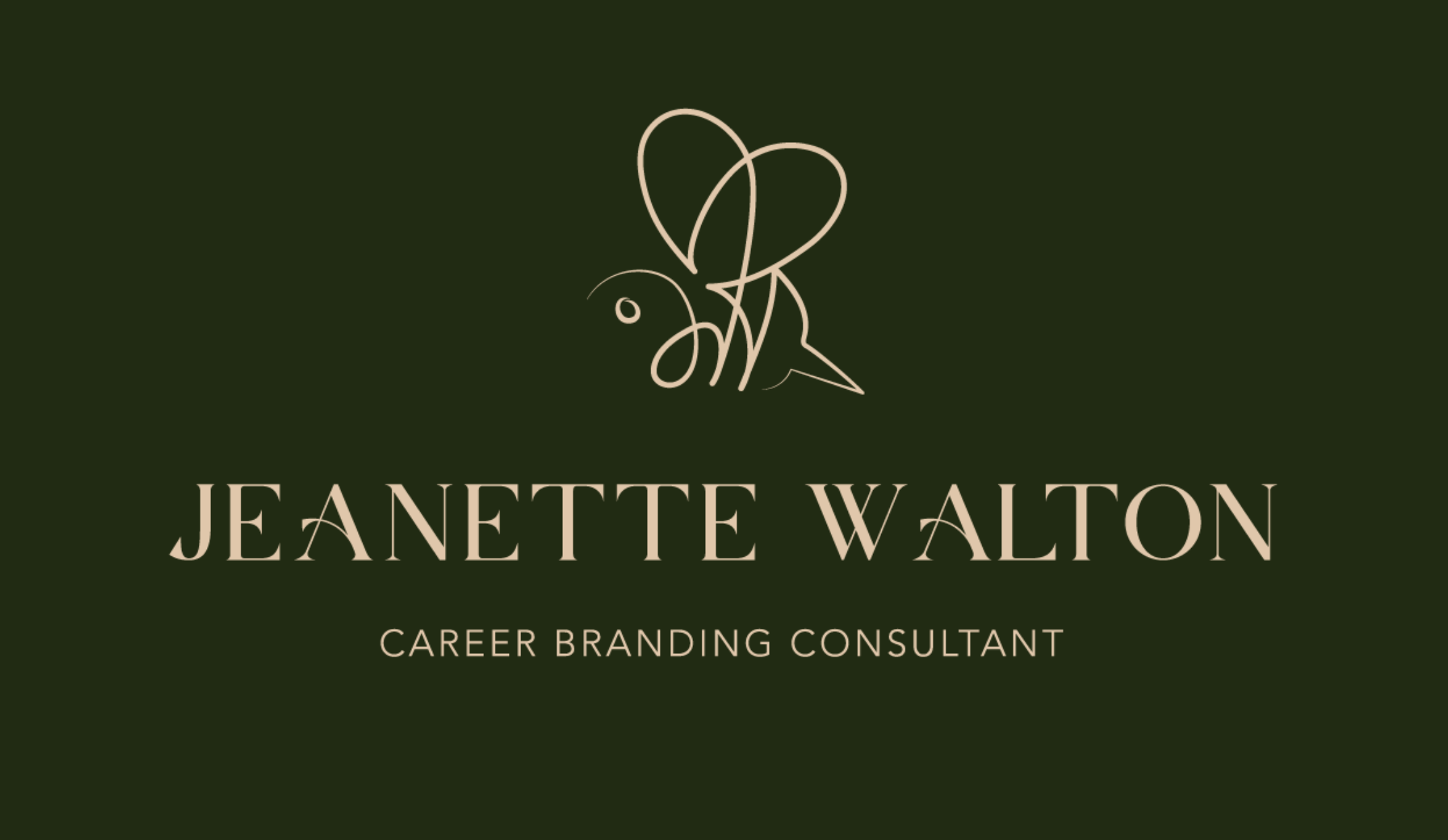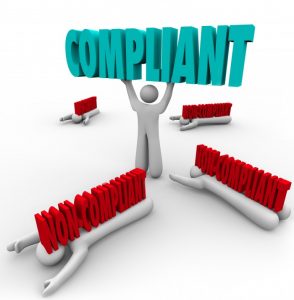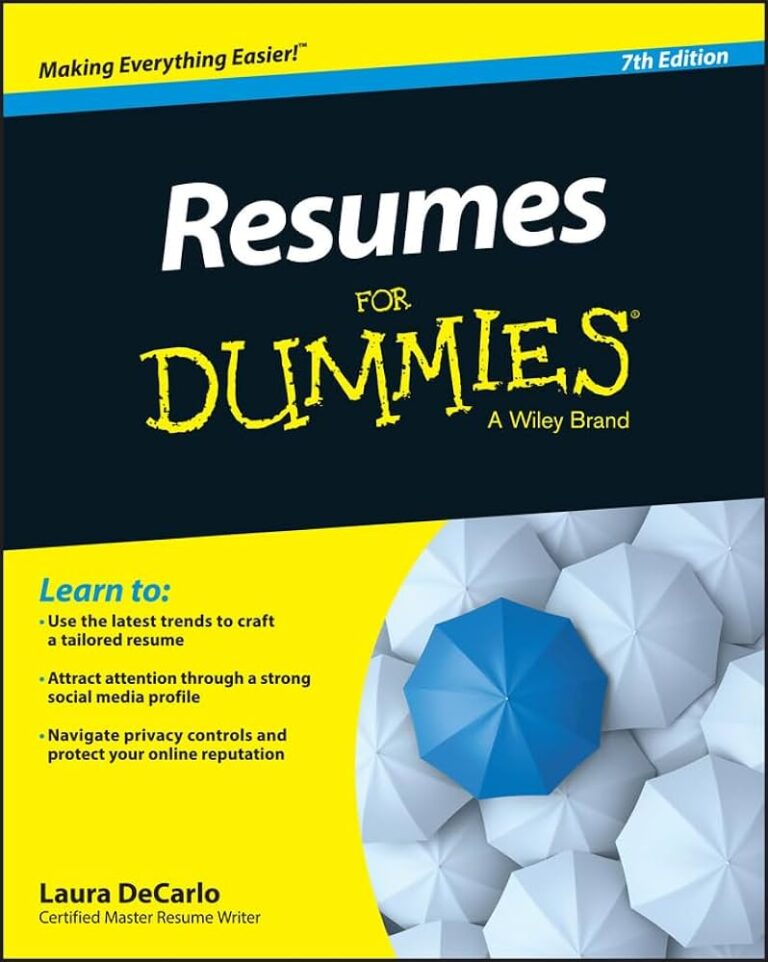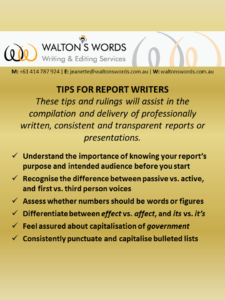Just about all companies and industries have internal policies and protocols, as well as external standards and regulations that they must adhere to. As noted in my earlier blog on the most common transferrable skills, showcasing your ability to align with a business’s regulatory compliance conditions will be highly career beneficial. Defined as ‘the action of complying with a command’, regulatory compliance capabilities are often well regarded and in high demand among organisations.
“More and more companies are reaching out to their suppliers and contractors to work jointly on issues of sustainability, environmental, responsibility, ethics and compliance.” (Simon Mainwaring, Brand Futurist & Global Keynote Speaker)
Some of the main types of compliance, commonly applied to reduce both legal and reputational risks, are:
- Environmental
- WH&S
- Corruption
- Social responsibility
- Quality
- Procedural
- Data protection
It has been estimated that most companies will conduct at least one compliance audit per year, so highlighting your ability to uphold or even enhance such obligations is highly career beneficial. These don’t have to be more official industry standards – they could also be a company’s primary missions and values that are probably underpinned by industry ethics.
For example, have you contributed to the verification of a common practice within an organisation, such as documenting the most proficient way to use equipment (e.g. standard operating procedures)? Have you helped to identify and reduce the potential for critical information to be misused or misplaced (e.g. centralised data), or of employees putting themselves and/or customers at risk (e.g. workplace hazards)? Have you assisted with the compilation of a user manual that better ensures consistency among team members (e.g. best-practice customer service)?
Some of the core benefits of maintaining compliance within the workplace include:
- Conveying a sense of duty to customers and others
- Building company trust both internally and externally
- Minimising reputational damage including via errors
- Defining the ‘why’, such as what drives the business
- Increasing the efficiency and effectiveness of output
- Influencing relevant/impactful change and innovation
- Fostering a competitive edge within the area/industry
“It takes less time to do things right than to explain why you did it wrong.” (Henry Wadsworth Longfellow, Former American Poet & Educator)
It’s a highly competitive global marketplace out there, so anything you can offer as an employee, to help both yourself and your employer business to stand out, will no doubt be of great value. A healthy mix of compliance and innovation will take you far.
________________________________________________________________
Walton’s Words has extensive experience in helping job seekers compile professionally written, career-selling documentation. We can help construct resumes, cover letters, LinkedIn profiles, selection criteria, and any other documentation that will help you win your dream role. So drop us a line or give us a call if you’d like some assistance with your next career step.




